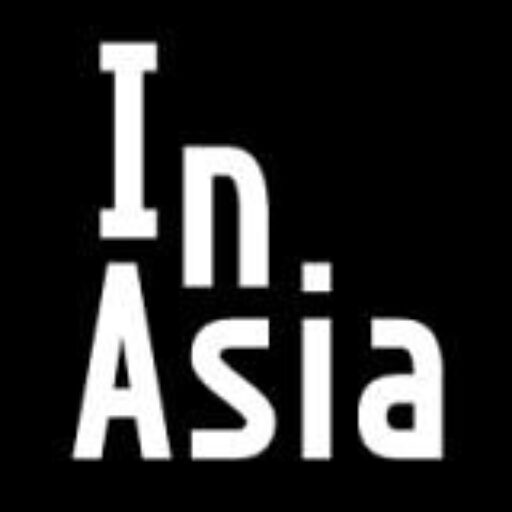18
For those interested in learning more about particular topics in Module 2, we’ve included links to further resources below. Resources are organized by topic. To view longer summaries of particular resources, select the “Click for resource description” tab.
Assessment databases
Assignments across disciplines
Assignments Across Disciplines is an open-access educational resource (OER) of peer-reviewed assignments and a related community of practice created by Professor Andrea Williams of the University of Toronto.
Internet resources for higher education outcomes assessment
Internet Resources for Higher Education Outcomes Assessment is “an open learning space that curates content for faculty and assessment professionals through housed resources and tools for student learning outcomes, teaching and learning, program review, and accreditation.”
Journal of academic writing assignments
Prompt: A Journal of Academic Writing Assignments publishes peer-reviewed writing assignments.
Kay Sambell and Sally Brown: COVID-19 assessment collection
Kay Sambell and Salley Brown have developed a series of assignment collections from the COVID-19 pandemic shift to remote teaching. These assignment examples are geared toward online instruction and available for download via several collections.
Assessing learning
Inclusive assessment
Oxford Brookes University has provided this useful guide to support inclusive teaching, with a focus on Inclusive Assessment.
Nine principles of good practice for assessing student learning
Read more at 9 Principles of Good Practice for the Assessment of Student Learning.
Online assessment
The University of Calgary’s Guide to Online Assessment in Higher Education (PDF) provides a good overview of the benefits and challenges of online assessment, as well as some principles of and strategies for creating effective online assessments.
Queen’s University Teaching Toolkit
Queen’s University has developed an extensive Teaching Toolkit, which addresses issues of assessment, building inclusive community, and academic integrity, among other key online teaching issues.
Teaching, learning, and assessment across the disciplines: ICE stories
Teaching, Learning, and Assessment Across Disciplines: ICE Stories is a collection of instructor accounts of the ways the ICE (ideas, connections, and extensions) model has influenced their thinking, teaching, and learners.
Reflection Toolkit
The University of Edinburgh has developed a Reflection Toolkit designed to help instructors reflect on their own teaching as well as encourage reflection in learners.
Feedback
Seven principles of good feedback practice
Read more at Formative Assessment and Self‐Regulated Learning: A Model and Seven Principles of Good Feedback Practice.
What feedback literate teachers do
What Feedback Literate Teachers Do: An Empirically-Derived Competency Framework presents an evidence-based overview of the competencies required of university teachers to design and enact effective feedback.
Academic integrity
The Integrity Matters Mobile Application, made possible by an eCampus Research and Innovation grant, is designed to enhance student academic integrity knowledge. The app gives students an overview of the values of honesty, trust, respect, fairness, responsibility, and courage promoted by the International Center for Academic Integrity (ICAI) and gives students the opportunity to apply these values to common scenarios students face. It is also available as an open educational resource: Undergraduate Academic Integrity Module.
Academic Integrity for STEM students is a 6-lesson series that emphasizes the academic experiences unique to STEM students, and draws on real-world examples to help students recognize acceptable and unacceptable practices.

